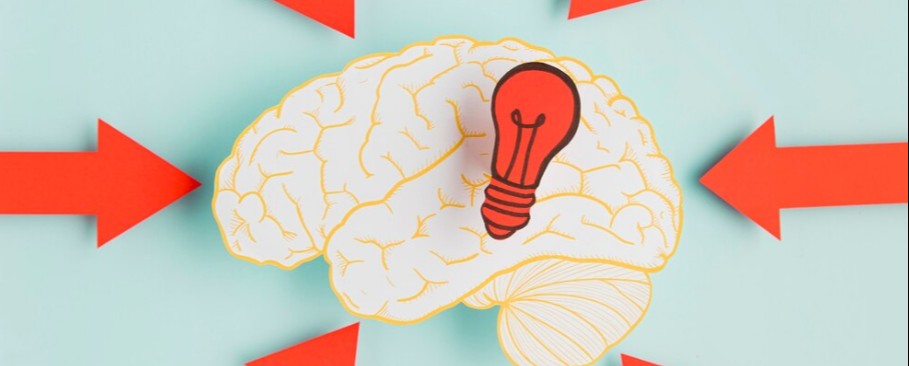
Bridging the Gap: Mental Health in Minority Communities

Bridging the Gap: Mental Health in Minority Communities
April marks National Minority Health Month, a time to acknowledge the persistent health disparities faced by racial and ethnic minorities. While physical health concerns are often at the forefront, mental health struggles within these communities deserve equal attention.
The Mental Health for Minority Communities
Studies consistently show that racial and ethnic minorities are less likely to receive mental health services compared to their white counterparts. Language barriers, the cultural stigma surrounding mental illness, and mistrust of healthcare systems further hinder help-seeking behaviours within these communities. Consequently, individuals from minority backgrounds often suffer in silence, leading to untreated mental health conditions and poorer overall health outcomes. The intersectionality of race, ethnicity, and mental health amplifies the challenges faced by minority groups.
Furthermore, disparities in access to culturally competent mental health care exacerbate the burden on minority communities. Cultural competence involves understanding and respecting the cultural backgrounds, beliefs, and practices of individuals seeking mental health services. Without culturally tailored interventions, minority individuals may feel misunderstood or underserved by traditional mental health providers, perpetuating disparities in care.
Mental Health Disparities
Minority populations experience a higher prevalence of mental health conditions. Factors like poverty, discrimination, and limited access to culturally competent care contribute to this disparity.
- Increased Vulnerability: Racism, prejudice, and cultural insensitivity create a stressful environment for minorities. This chronic stress can manifest as anxiety, depression, and post-traumatic stress disorder (PTSD).
- Social Determinants of Health: Social determinants like access to quality education, safe neighbourhoods, and healthy food can significantly impact mental well-being. Minorities are often disproportionately affected by these factors, creating a breeding ground for mental health difficulties.
- Language Barriers: Limited access to mental health services in languages other than English can make it difficult for individuals to seek help. Cultural competency training for healthcare professionals is crucial in addressing this challenge.
- Stigma: The stigma surrounding mental health can be particularly strong within certain minority communities. Traditional beliefs or a fear of being judged can prevent individuals from seeking help.
Taking Action for Change
National Minority Health Month serves as a springboard for action. Here are some ways to bridge the gap in mental health care for minorities:
- Increase Culturally Competent Care: Healthcare professionals should receive implicit bias training and cultural competency training to better understand and serve diverse communities.
- Expand Language Access: Mental health services should be accessible in multiple languages to ensure everyone can access support.
- Promote Mental Health Literacy: Public health campaigns can help normalize mental health struggles and educate communities about available resources.
- Community-Based Solutions: Invest in culturally appropriate mental health services offered through trusted community organizations.
- Address Social Determinants of Health: Efforts to address poverty, discrimination, and lack of resources create a foundation for overall well-being, including mental health.
Building a Healthier Future
By working together, we can improve access to quality mental health care for all. Here's how individuals can contribute:
- Be a Supportive Friend or Family Member: Educate yourself on mental health issues and reduce stigma by openly discussing mental health.
- Advocate for Change: Support policies that promote mental health equity and access to culturally competent care.
- Challenge Stereotypes: Speak up against racism, discrimination, and cultural insensitivity.
As we observe Minority Health Month, let us recommit ourselves to addressing the mental health disparities that disproportionately affect racial and ethnic minority communities. By raising awareness, advocating for policy changes, and fostering culturally competent care, we can work towards a future where everyone has equitable access to mental health support and services. Together, we can build a healthier and more resilient society for all individuals, regardless of race, ethnicity, or background.
Articles
Build your awareness and get inspired with our researched articles on how you can strengthen your well-being
Popular Topics
An OTP has been sent to the email address
provided.
Please check your Inbox and Spam folders.

What Would You Like to Speak with a Specialist About?
Mental Fitness Journey starts Now!
Chearful Connects you with Top-tier Qualified Wellness specialists for the Price of a cup of Coffee!

Next Steps
- A Client Team member will reach out to you to schedule a session with the most suitable specialist.
- You will receive an email with a 10% Discount Code* for your 1st session.
- We invite you to Explore the Platform & Sign Up today! *Upto a maximum of $10 discount on a session purchased




 2984 Read
2984 Read


.jpg)








.jpg)

.jpg)




.jpg)

































.jpg)

.jpg)



































